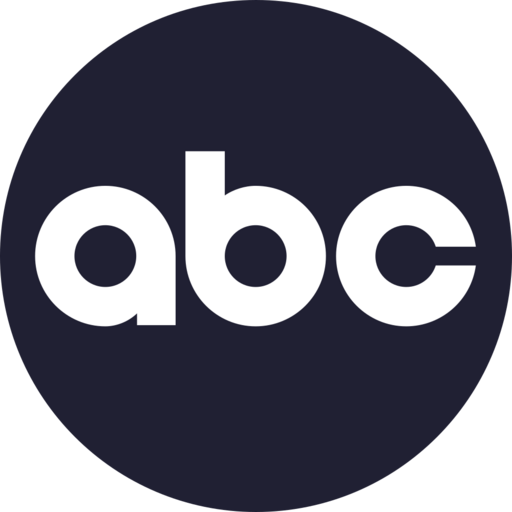ALPHABET

Pronunciations are given in the International Phonetic Alphabet. Wherever several pronunciations are offered, the first matches the proposed modern letter name and is designed for modern everyday use; the alternative is based on evidence suggesting that in the past the names of the letters were generally said in much the same way as in English of Cornwall.
Care must be taken to avoid misunderstanding when using the pronunciations [ˈe:] and [ˈi:]. The former may be used for the letter a or the letter e, and the latter may be used for the letter e or the letter i, depending on which system is employed.
Letter A or a
Cornish name A or a
Pronounced [ˈæː] or [ˈe:]
Letter B or b
Cornish name Be or be
Pronounced [ˈbeː] or [ˈbiː]
Letter C or c
Cornish name Ce or ce
Pronounced [ˈseː] or [ˈsiː]
Letter D or d
Cornish name De or de
Pronounced [ˈdeː] or [ˈdiː]
Letter E
Cornish name E or e
Pronounced [ˈe:] or [ˈi:]
Letter F
Cornish name Ef or ef
Pronounced [ˈɛf]
Letter G
Cornish name Ge or ge
Pronounced [ˈɡeː] or [ˈdʒi:]
Letter H
Cornish name Ha or ha
Pronounced [ˈhæː] or [ˈe:tʃ]
Letter I
Cornish name I or i
When employing a font that does not distinguish between capital I and small L, the alternative capital form Î can be used
Pronounced [ˈiː] or [ˈəɪ]
Letter J
Cornish name Je or je
Pronounced [ˈdʒeː]
Letter K
Cornish name Ke or ke
Pronounced [ˈkeː]
Letter L
Cornish name El or el
Pronounced [ˈe:l]
Letter M
Cornish name Em or em
Pronounced [ˈe:m]
Letter N
Cornish name En or en
Pronounced [ˈe:n]
Letter O
Cornish name O or o
Pronounced [ˈoː] or [ˈoʊ]
Letter P
Cornish name Pe or pe
Pronounced [ˈpeː] or [ˈpiː]
Letter Q
Cornish name Qwo or qwo
Pronounced [ˈkwoː] or [ˈkju:]
Letter R
Cornish name Er or er
Pronounced [ˈə:ɻ]
Letter S
Cornish name Es or es
Pronounced [ˈe:z] or [ˈe:s]
Letter T
Cornish name Te or te
Pronounced [ˈteː] or [ˈtiː]
Letter U
Cornish name Û or û
Pronounced [ˈuː] or [ˈjuː]
Letter V
Cornish name Ve or ve
Pronounced [ˈveː] or [ˈvi:]
Letter W
Cornish name We or we
Pronounced [ˈweː] or [ˈdɔbɨl ˌju:]
Letter X
Cornish name Ex or ex
Pronounced [ˈɛks]
Letter Y
Cornish name Ye or ye
Pronounced [ˈjeː] or [ˈʍəɪ]
Letter Z
Cornish name Zed or zed
Pronounced [ˈze:d] or [ˈzæ:d]
Apostrophe
Cornish name collverk f collverkys
Capital letter
Cornish name lytheren vrâs f lytherednow brâs
Circumflex accent
Cornish name aken grobm f akednow crobm
When a vowel carries this accent we read it as a to bian, e to bian, etc.
Diaeresis
Cornish name aken dhewboynt f akednow dewboynt
When a vowel carries this accent we read it as e dewboynt or y dewboynt as appropriate.
Grave accent
Cornish name aken dhieskynus f akednow dieskynus
When a vowel carries this accent we read it as e.g. a sogh, e sogh, etc.
Hyphen
Cornish name nos jùnya m nosow jùnya
Small letter
Cornish name lytheren vian f lytherednow bian
Words are arranged alphabetically according to the same principles as for English. Digraphs are not treated as separate letters of the alphabet, in contrast to Welsh. Thus, for example, dhyworth ‘from’ and them ‘theme’ will be found under the letters d and t respectively in an alphabetical list.
Although the Cornish for ‘letter of the alphabet’ is lytheren, a feminine noun, the names of the letters themselves are treated as masculine, so none of them mutate after an ‘the’. The letter names have no plural form. For multiples of a letter, when playing Scrabble® for example, we say ge dywweyth ‘two Gs’, èl terweyth ‘three Ls’.
For geminate consonants we use the adjective dobyl: e.g. ès dobyl ‘double S’. But speakers who pre-occlude geminate M and geminate N are more likely to spell out be èm and de èn aloud than say èm dobyl and èn dobyl. The name ve dobyl as an alternative to we is not recommended, as it can cause confusion in the case of geminate v in a word like covva 'hiding-place'.